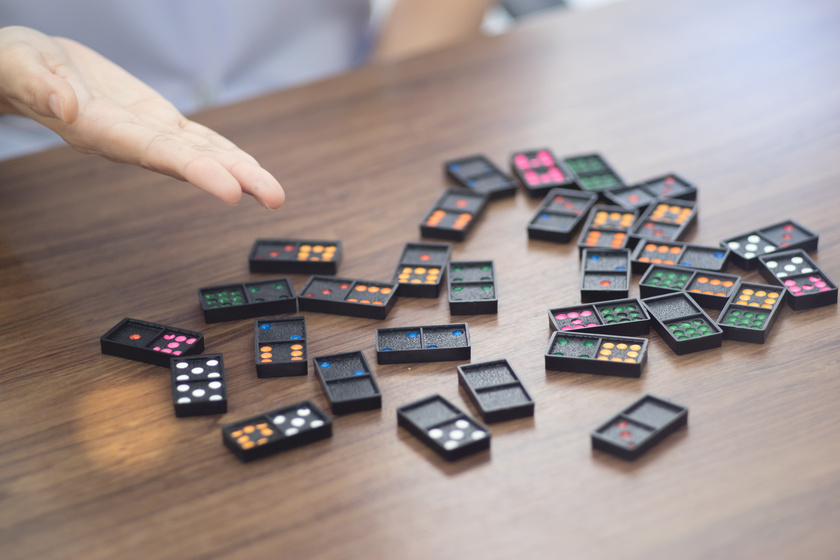In order to delay the onset of dementia and improve cognitive function in the elderly, studies have indicated that intellectually challenging games, such as problem-solving and memory games, are beneficial. It has been established in these studies that older adults who regularly engage in gaming activities have significantly enhanced their memory capacity. Indeed, they were even bulkier in the regions of the brain responsible for remembering. To sum up, one of the best strategies to decrease or lower the chance of developing dementia is to participate in excellent cognitive games for memory.
Reading has been linked to better brain health in the elderly. While it is true that reading helped keep their minds sharp, other hobbies, such as card games, offer the added benefit of bringing people together. This has the potential to greatly improve their psychological well-being, which is why these mental exercises are preferred over reading.
Let’s check out the top three brain-stimulating games for the elderly.
Word Searches for an Active Mind
Word searches may not seem like the most mentally challenging exercise, but they can be beneficial for the elderly’s brain health. Word searches are beneficial for them since they require the participant to use logic by examining a clue of a few letters in order to locate a word. This activity engages several brain regions because older adults must think about the word’s length as well as its place.
Some elderly people, however, may struggle with word searches. Those with dementia can attest to this truth more than anyone. The caregiver can then make their own word search with more manageable terms. If an elderly’s cognitive abilities do improve with time, then they may be able to tackle more challenging word searches.
Jigsaw Puzzles for Cognition
Jigsaw puzzles may seem like a stereotypical activity for the elderly, but they are actually quite beneficial for their mental health. For starters, they help you focus better. After beginning a puzzle, many people, both young and old, find it difficult to put it down until they have completed it. The ability to concentrate on a single task helps the elderly with memory loss because it stimulates the area of the brain responsible for recall.
In addition, doing jigsaw puzzles has been shown to boost cognitive abilities including memory and problem solving. These are essential for daily life, yet many elderly people lose them as they age. The good news is that jigsaw puzzles can help elders maintain cognitive function for years longer.
Memory Circle
A small group of elders is needed for this activity, but it is one of the most effective ways to exercise the brain and boost memory. Have everyone sit in a circle and take turns sharing a favorite memory or experience from their youth. Everyone in the group goes around the circle again after telling their story. This time, though, everyone must share a recollection from someone else’s past. This is a great game for an assisted living community.
This game is great since it not only promotes teamwork and communication, but also requires both short- and long-term memory. Memory in the elderly can be enhanced by engaging different brain regions. Thus, a memory circle can help an elderly person remember long-term events and carry out routine duties with greater ease.







